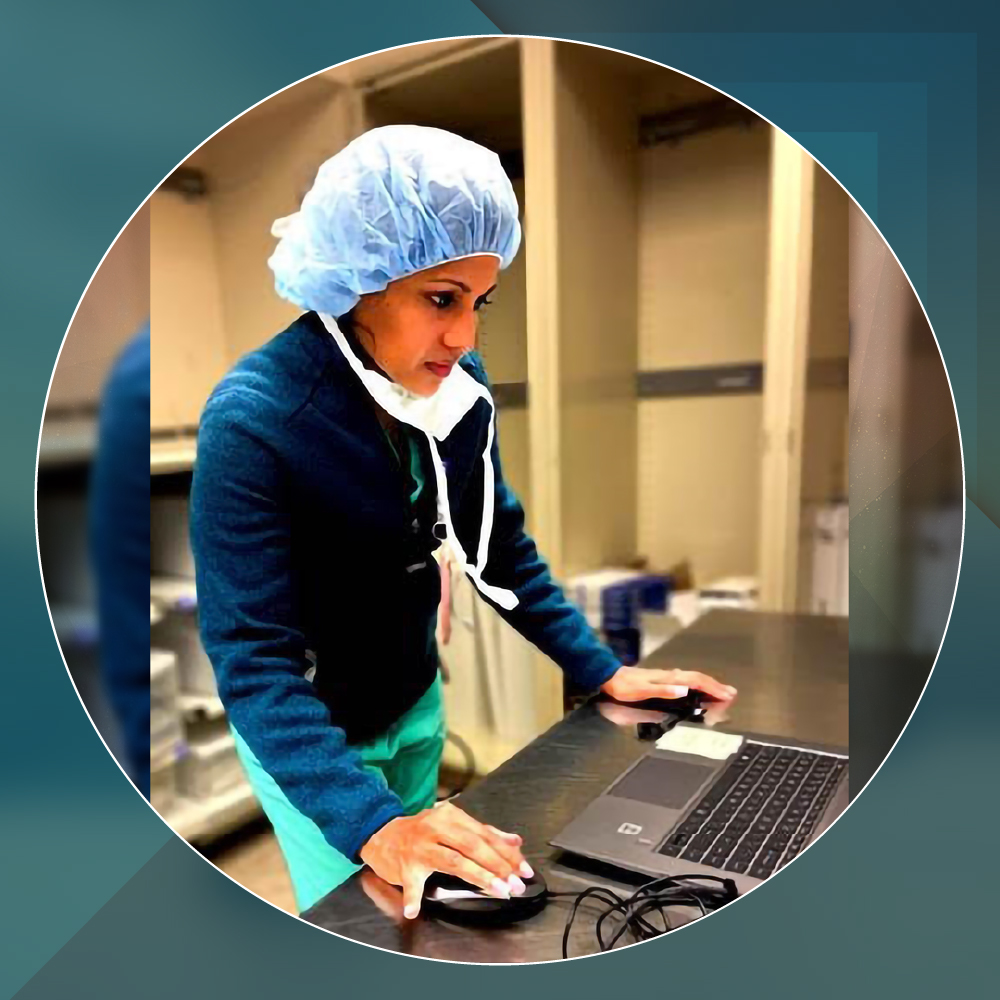
Integrated thoracic surgery residency programs have become a cornerstone in the education and training of surgeons specializing in thoracic and cardiovascular surgery. These programs provide a seamless approach to acquiring the advanced skills required for managing complex thoracic conditions, such as lung cancer, oesophagal disorders, and various chest wall diseases. Combining surgical, clinical, and research training in one cohesive program, they offer an intensive path for aspiring thoracic surgeons to become leaders in this vital medical field.
The Evolution of Integrated Thoracic Surgery Residency Programs
In the past, thoracic surgery training typically followed a traditional model, with aspiring surgeons completing a general surgery residency before pursuing a specialized thoracic surgery fellowship. However, integrated thoracic surgery residency programs have streamlined this process, enabling residents to focus their training entirely on thoracic surgery from the outset. This transition has been driven by the growing complexity of thoracic procedures and the increasing demand for highly skilled surgeons in a field that spans multiple disciplines.
Integrated residency programs ensure that thoracic surgery residents receive comprehensive, early exposure to all aspects of the specialty. These programs provide a structured curriculum that encompasses the full range of thoracic procedures, including those involving the lungs, esophagus, mediastinum, and diaphragm. These initiatives aim to create well-rounded surgeons who can handle diverse and complex cases without requiring additional fellowship training.
Key Features of Integrated Thoracic Surgery Residency Programs
One of the defining characteristics of integrated thoracic surgery residency programs is the integration of general and thoracic surgery training. In these programs, residents begin their education with a solid foundation in general surgery before transitioning into specialized thoracic surgery training. This dual approach ensures residents develop a broad skill set for managing common and rare thoracic conditions.
The first few years of an integrated residency program often focus on general surgical techniques, providing residents with a broad exposure to surgical anatomy, basic procedures, and perioperative care. Following this foundation, the training shifts toward more specialized thoracic procedures, including video-assisted thoracoscopic surgery (VATS), open chest surgery, and minimally invasive techniques. The program immerses residents in clinical training, including preoperative assessment, intraoperative management, and postoperative care.
The Importance of Mentorship in Residency Programs
Mentorship plays a vital role in integrated thoracic surgery residency programs. Residents are typically paired with experienced attending surgeons who guide them throughout their training. These mentors provide valuable insights into the nuances of complex surgical procedures, decision-making, and patient care. The mentor-resident relationship is essential for helping residents navigate the challenges of the demanding residency environment and cultivate the skills necessary for independent practice.
In addition to hands-on surgical guidance, mentors contribute to residents’ professional development by offering advice on research opportunities, academic publishing, and career advancement. Since thoracic surgery is rapidly evolving, residents must stay updated on the latest surgical techniques, innovations, and clinical trials. Mentors can foster a culture of continuous learning by encouraging residents to engage in research, attend conferences, and participate in collaborative projects.
Challenges Faced by Integrated Thoracic Surgery Residents
While integrated thoracic surgery residency programs offer an exceptional educational experience, they also come with unique challenges. One of the most significant obstacles is the rigorous schedule, which demands long hours in the operating room and the clinic. Residents must balance their clinical responsibilities with academic requirements, including research and publications. The intensity of this training often leads to high levels of stress and burnout, making it essential for residency programs to provide adequate support and resources for residents’ well-being.
Another challenge is the complexity of the cases that residents encounter. Thoracic surgery involves high-stakes procedures with significant risks, and residents are often required to manage critically ill patients with multiple comorbidities. While residency aims to develop competence in handling such cases, it can be overwhelming for residents to make decisions in real-time, particularly in complex cases involving malignancy or advanced-stage diseases. Strong mentorship and a collaborative team environment are critical in helping residents gain confidence in their decision-making abilities.
The Future of Integrated Thoracic Surgery Residency Programs
The future of integrated thoracic surgery residency programs looks promising, with continued technological advancements, surgical techniques, and patient care. One major growth area is the increasing use of minimally invasive procedures, such as robotic surgery, which offer patients reduced recovery times and fewer complications. Residents trained in integrated programs are well-positioned to lead the way in adopting these technologies, as they are exposed to cutting-edge surgical techniques early in their careers.
Additionally, there is a growing emphasis on the multidisciplinary approach to patient care. Thoracic surgery often intersects with other specialities, such as oncology, pulmonology, and cardiology. Integrated residency programs are evolving to incorporate a more collaborative model, where residents work closely with specialists from other fields to develop comprehensive patient treatment plans. This holistic approach enhances patient outcomes and broadens residents’ perspectives on the importance of teamwork and communication in healthcare.